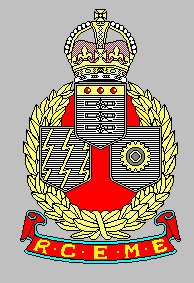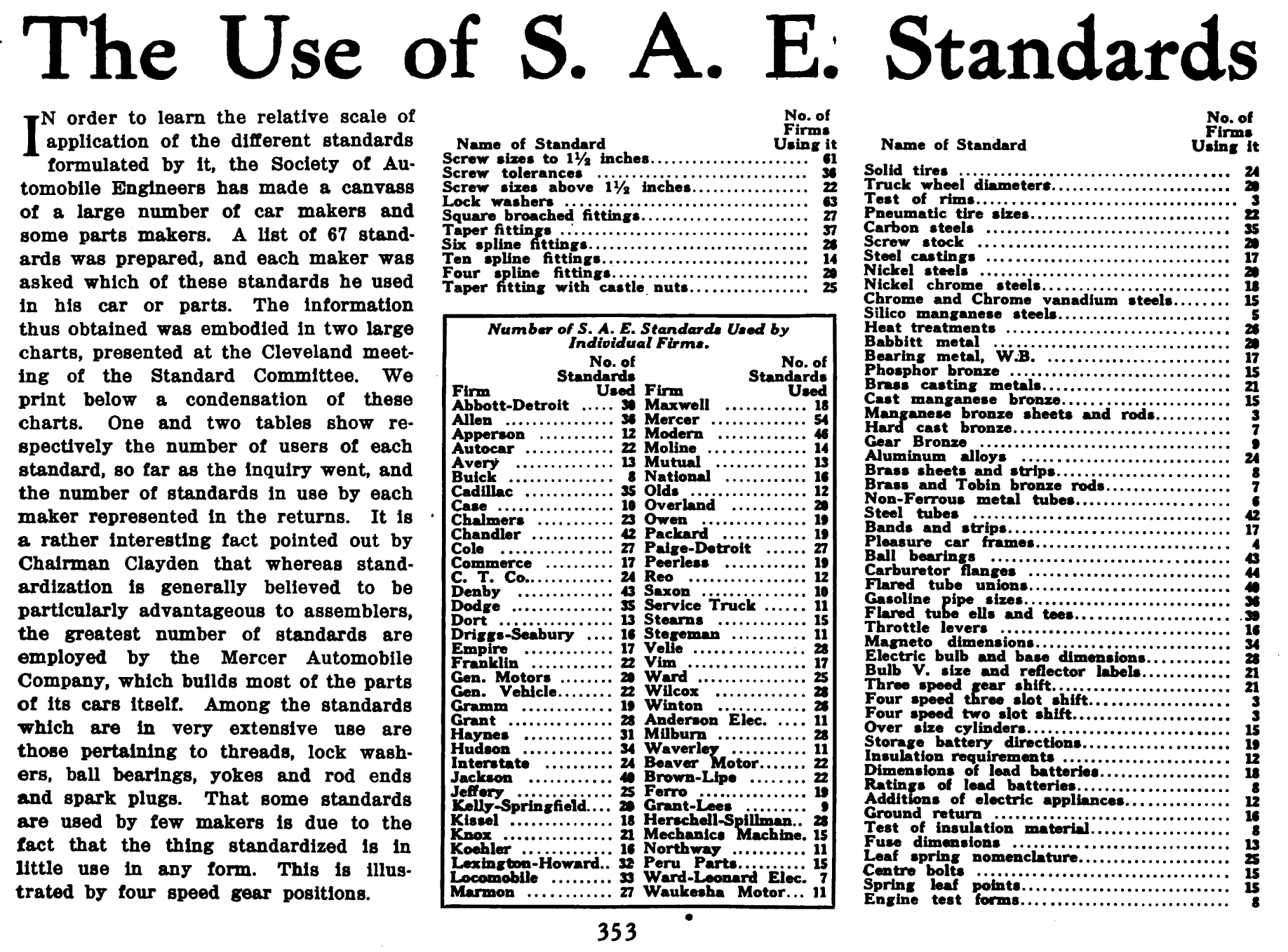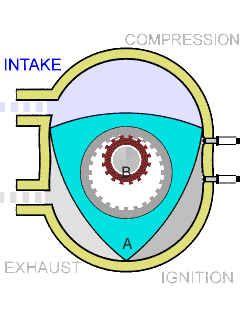|
Corps Of Royal Canadian Electrical And Mechanical Engineers
The Corps of Royal Canadian Electrical and Mechanical Engineers (RCEME) (french: links=no, Corps du génie électrique et mécanique royal canadien) is a personnel branch of the Canadian Armed Forces (CF) that provides army engineering maintenance support. All members of the corps wear army uniform. From the 1980s to 2013 it was called the Electrical and Mechanical Engineering Branch. History The Royal Canadian Electrical and Mechanical Engineers came into being officially on 15 May 1944, with the fusion of various elements from the Royal Canadian Engineers, Royal Canadian Army Service Corps and Royal Canadian Ordnance Corps, following the model of the Royal Electrical and Mechanical Engineers (REME). With the increase of mechanized equipment during World War II, the need to have one corps dedicated to service and maintenance thereof was becoming increasingly apparent. Trucks had become the de facto means of transportation and logistic support, armoured vehicles had replaced ... [...More Info...] [...Related Items...] OR: [Wikipedia] [Google] [Baidu] |
Canadian Armed Forces
} The Canadian Armed Forces (CAF; french: Forces armées canadiennes, ''FAC'') are the unified military forces of Canada, including sea, land, and air elements referred to as the Royal Canadian Navy, Canadian Army, and Royal Canadian Air Force. Personnel may belong to either the Regular Force or the Reserve Force, which has four sub-components: the Primary Reserve, Supplementary Reserve, Cadet Organizations Administration and Training Service, and the Canadian Rangers. Under the '' National Defence Act'', the Canadian Armed Forces are an entity separate and distinct from the Department of National Defence (the federal government department responsible for administration and formation of defence policy), which also exists as the civilian support system for the Forces. The Canadian Armed Forces are a professional volunteer force that consists of approximately 68,000 active personnel and 27,000 reserve personnel, increasing to 71,500 and 30,000 respectively under "Strong, Secure ... [...More Info...] [...Related Items...] OR: [Wikipedia] [Google] [Baidu] |
REME
The Corps of Royal Electrical and Mechanical Engineers (REME ) is a corps of the British Army that maintains the equipment that the Army uses. The corps is described as the "British Army's Professional Engineers". History Prior to REME's formation, maintenance was the responsibility of several different corps: * Royal Army Ordnance Corps—weapons and armoured vehicles * Royal Engineers—engineering plant and machinery, and RE motor transport * Royal Corps of Signals—communications equipment * Royal Army Service Corps—other motor transport * Royal Artillery—heavy weapons artificers During World War II, the increase in quantity and complexity of equipment exposed the flaws in this system. Pursuant to the recommendation of a Committee on Skilled Men in the Services chaired by William Beveridge, the Corps of Royal Electrical and Mechanical Engineers was formed on 1 October 1942. Phase I Such a major re-organisation was too complex to be carried out quickly and completely ... [...More Info...] [...Related Items...] OR: [Wikipedia] [Google] [Baidu] |
Colonel Johnston
Colonel (abbreviated as Col., Col or COL) is a senior military officer rank used in many countries. It is also used in some police forces and paramilitary organizations. In the 17th, 18th and 19th centuries, a colonel was typically in charge of a regiment in an army. Modern usage varies greatly, and in some cases, the term is used as an honorific title that may have no direct relationship to military service. The rank of colonel is typically above the rank of lieutenant colonel. The rank above colonel is typically called brigadier, brigade general or brigadier general. In some smaller military forces, such as those of Monaco or the Holy See, Vatican, colonel is the highest Military rank, rank. Equivalent naval ranks may be called Captain (naval), captain or ship-of-the-line captain. In the Commonwealth of Nations, Commonwealth's air force ranking system, the equivalent rank is group captain. History and origins By the end of the late medieval period, a group of "companies" w ... [...More Info...] [...Related Items...] OR: [Wikipedia] [Google] [Baidu] |
Society Of Automotive Engineers
SAE International, formerly named the Society of Automotive Engineers, is a United States-based, globally active professional association and standards developing organization for engineering professionals in various industries. SAE International's world headquarters is in Warrendale, Pennsylvania, 20 miles north of Pittsburgh, Pennsylvania. Principal emphasis is placed on global transport industries such as aerospace, automotive, and commercial vehicles. The organization adopted the name SAE International to reflect the broader emphasis on mobility. SAE International has over 138,000 global members. Membership is granted to individuals, rather than companies. Aside from its standardization efforts, SAE International also devotes resources to projects and programs in STEM education, professional certification, and collegiate design competitions. For historical legacy reasons, the label "SAE" is commonly used on tools and hardware in North America to indicate United States ... [...More Info...] [...Related Items...] OR: [Wikipedia] [Google] [Baidu] |
Wankel Engine
The Wankel engine (, ) is a type of internal combustion engine using an Eccentric (mechanism), eccentric rotary combustion engine, rotary design to convert pressure into rotating motion. It was invented by German engineer Felix Wankel, and designed by German engineer Hanns-Dieter Paschke. The Wankel engine's rotor, which creates the turning motion, is similar in shape to a Reuleaux triangle, with the sides having less curvature. The rotor rotates inside an oval-like epitrochoidal housing, around a central output shaft. The rotor spins in a hula-hoop fashion around the central output shaft, spinning the shaft via toothed gearing. Due to its inherent poor thermodynamics, the Wankel engine has a significantly worse thermal efficiency and worse exhaust gas behaviour when compared against the Otto engine or the Diesel engine, which is why the Wankel engine has seen limited use since its introduction in the 1960s. However, its advantages of compact design, smoothness, lower weight and ... [...More Info...] [...Related Items...] OR: [Wikipedia] [Google] [Baidu] |
Cap Badge
A cap badge, also known as head badge or hat badge, is a badge worn on uniform headgear and distinguishes the wearer's nationality and/or organisation. The wearing of cap badges is a convention commonly found among military and police forces, as well as uniformed civilian groups such as the Boy Scouts, civil defence organisations, ambulance services (e.g. the St. John Ambulance Brigade), customs services, fire services etc. Cap badges are a modern form of heraldry and their design generally incorporates highly symbolic devices. Some badges that contain images of Lions or other cats are sometimes informally referred to as Cat Badges. Instances in military forces British armed forces The British Armed Forces utilise a variety of metal and cloth cap badges on their headdress, generally on caps and berets. They are also worn on Sikh turbans. British Army In the British Army (as well as other Commonwealth armies) each regiment and corps has its own cap badge. The cap badge ... [...More Info...] [...Related Items...] OR: [Wikipedia] [Google] [Baidu] |
Unification Of The Canadian Forces
The unification of the Canadian Armed Forces took place on 1 February 1968, when the Royal Canadian Navy, Canadian Army, and Royal Canadian Air Force were merged to form the Canadian Armed Forces. History A white paper was tabled in the Parliament of Canada on 26 March 1964 by the Minister of National Defence, Paul Hellyer, and the Associate Minister of National Defence, Lucien Cardin. This document outlined a major restructuring of the three separate armed services, describing a reorganization that would include the integration of operations, logistics support, personnel, and administration of the separate branches under a functional command system. The proposal met with strong opposition from personnel in all three services, and resulted in the dismissal of the navy's senior operational commander, Rear Admiral William Landymore, as well as the forced retirements of other senior officers in the nation's military forces. The protests of service personnel and their superiors had ... [...More Info...] [...Related Items...] OR: [Wikipedia] [Google] [Baidu] |
Kingston, Ontario
Kingston is a city in Ontario, Canada. It is located on the north-eastern end of Lake Ontario, at the beginning of the St. Lawrence River and at the mouth of the Cataraqui River (south end of the Rideau Canal). The city is midway between Toronto, Ontario and Montreal, Quebec. Kingston is also located nearby the Thousand Islands, a tourist region to the east, and the Prince Edward County tourist region to the west. Kingston is nicknamed the "Limestone City" because of the many heritage buildings constructed using local limestone. Growing European exploration in the 17th century, and the desire for the Europeans to establish a presence close to local Native occupants to control trade, led to the founding of a French trading post and military fort at a site known as "Cataraqui" (generally pronounced /kætə'ɹɑkweɪ/, "kah-tah-ROCK-way") in 1673. This outpost, called Fort Cataraqui, and later Fort Frontenac, became a focus for settlement. Since 1760, the site of Kingston, Ont ... [...More Info...] [...Related Items...] OR: [Wikipedia] [Google] [Baidu] |
Elizabeth II Of The United Kingdom
Elizabeth II (Elizabeth Alexandra Mary; 21 April 1926 – 8 September 2022) was Queen of the United Kingdom and other Commonwealth realms from 6 February 1952 until her death in 2022. She was queen regnant of 32 sovereign states during her lifetime, and was head of state of 15 realms at the time of her death. Her reign of 70 years and 214 days was the longest of any British monarch and the longest verified reign of any female monarch in history. Elizabeth was born in Mayfair, London, as the first child of the Duke and Duchess of York (later King George VI and Queen Elizabeth The Queen Mother). Her father acceded to the throne in 1936 upon the abdication of his brother Edward VIII, making the ten-year-old Princess Elizabeth the heir presumptive. She was educated privately at home and began to undertake public duties during the Second World War, serving in the Auxiliary Territorial Service. In November 1947, she married Philip Mountbatten, a former prince of Gre ... [...More Info...] [...Related Items...] OR: [Wikipedia] [Google] [Baidu] |



.jpg)

